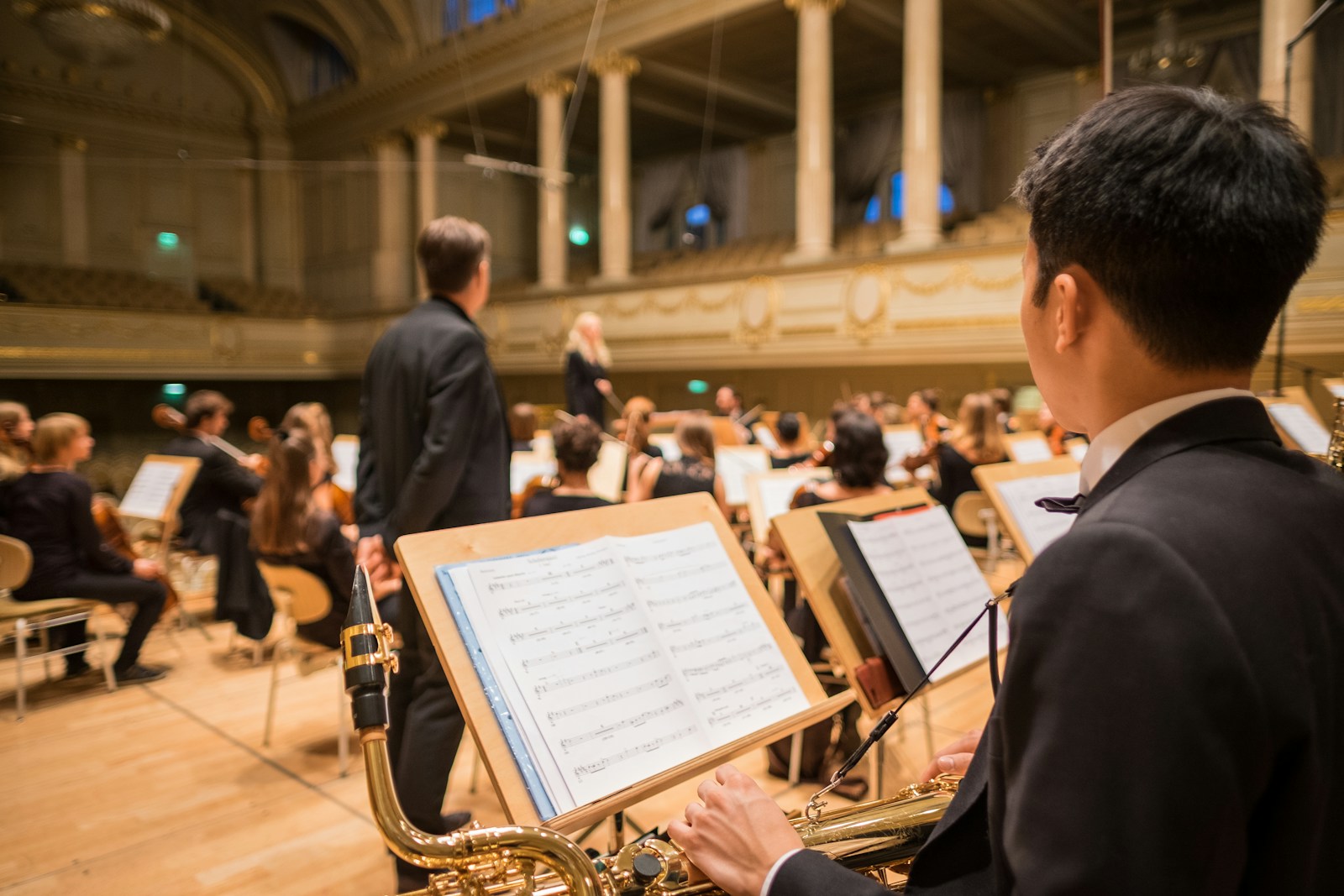Getting ready for your big break as a musician? The venue is more important than you might realize. Here are a few tips you’ll need when selecting your concert venue to ensure your performance and the atmosphere exceed expectations.

Consider the potential crowd size
The number of people you’ll be performing for is critical to your venue choice. Three things should influence this detail:
- The level of intimacy you want to create during your event. Think about the type of concert this is. For instance, if this is a release party, you’ll most likely want a private, cozy feel for the VIP attendees. More informal concerts will require more space, though.
- Your genre of music. A jazz or orchestral concert might not require as much space as, say, a rock or pop concert. In the former, your attendees will probably sit and enjoy the music, whereas the others are more likely to want to jump around and dance.
- The number of people you’re inviting (or total tickets available). Of course, this is the most straightforward detail to consider. All you need to do is take a quick look at your guest list and compare it to potential venues’ carrying capacity.
Remember that most venues are still adhering to Centers for Disease Control and Prevention (CDC) guidelines. That said, their guest capacity might be significantly lower than you’re used to.
Be sure to check any special restrictions the concert venue currently has in place to avoid violating any of its policies.
Decide on your desired location
Location is a critical detail for a few different reasons. For one, where you decide to play in town massively influences the type of crowd you’re going to draw.
Booking a gig near the suburbs will likely earn you a drastically different set of audience members than securing a spot on a stage downtown. Be mindful of how your location selection might attract your guests.
(Plus, getting a venue that’s too far from your target audience will only make it harder to see you. Although the space might meet your standards in terms of atmosphere and acoustics, distance is a significant barrier, as not everyone has the same means of transportation.)
Secondly, your musicians should be able to transport their equipment to the venue with relative ease. Make sure it’s a reasonable distance from your homes, where you usually practice, or where your instruments are stored.
Lastly, the location can make a pretty big difference in background noise. Although venues in the heart of the city are highly attractive, they tend to be surrounded by a lot of street noise, which can distract from your tunes.
The ideal venue will strike the perfect balance between all these elements.

Contact your potential concert venues
There are a few details you’ll need to get down before committing to a concert venue. There’s only so much you can learn by studying the company’s website. At some point, you’ll need to speak to the owners and managers directly over the phone and on a facility tour.
The first step is making the call. (This will help you decide if it’s even worth your time to go to the venue for a tour at all.) Critical questions to ask the correct personnel include:
- What is the rental fee? (Feel free to negotiate the proposed cost.)
- How much stage time can you offer?
- Are there special restrictions in place currently?
- Does the venue have technical resources available for the musicians?
- When can the band do a soundcheck?
If you’re satisfied with these answers, you can take the next step to evaluate the space further. Request a tour of the facility so you can get a true sense of what to expect on the big day.
No matter how high-quality their website’s photos might be, nothing will inform you of how the space can accommodate you and your bandmates as an in-person visit.
During your walkthrough, you’ll get a better sense of how comfortable your crowd might be, and you can envision where and how your equipment will be configured for the performance.
(Tip: Before you book facility tours, try to narrow down your options to three maximum. This way, you won’t have to spend too much time driving to and from locations.)

Secure the booking with a written contract
This might seem a little too formal, but believe me, it’s important. You don’t want to leave any room for logistical mishaps, especially concerning money and your music career.
Contracts aren’t as common for small, local venues, especially if they’re used to hosting gigs for local musicians. Still, you should insist on a written agreement to protect yourself, your gear, and your rental date.
Your contract should at least cover the following details:
- Price for renting the concert venue
- Date of your rental
- Special arrangements for equipment and musicians
Make sure to pay extra close attention when signing these contracts. Read the fine print. In some cases, the venue may still hold you accountable for paying the rental fee, even if the event is canceled.
Book the perfect concert venue for your band
Securing a concert venue is a bit more involved than most people would think. Still, it doesn’t have to be an overwhelming task. With this guide and a bit of discernment, you can lock down the ideal concert venue for your band and put on a show your audience will never forget.

